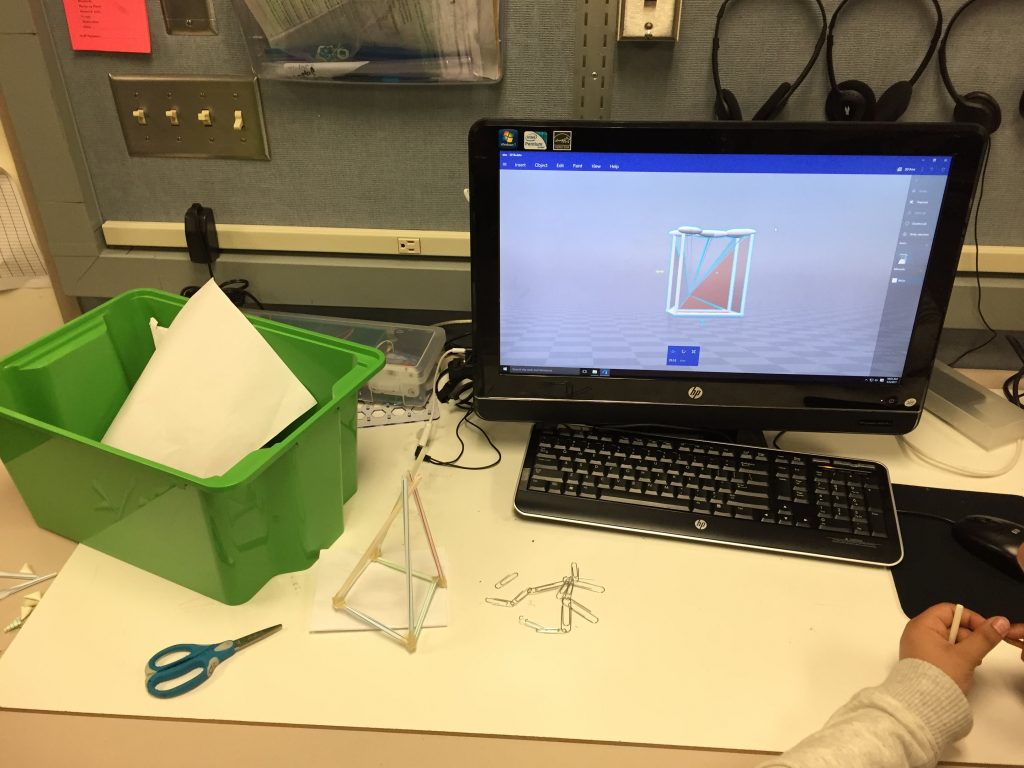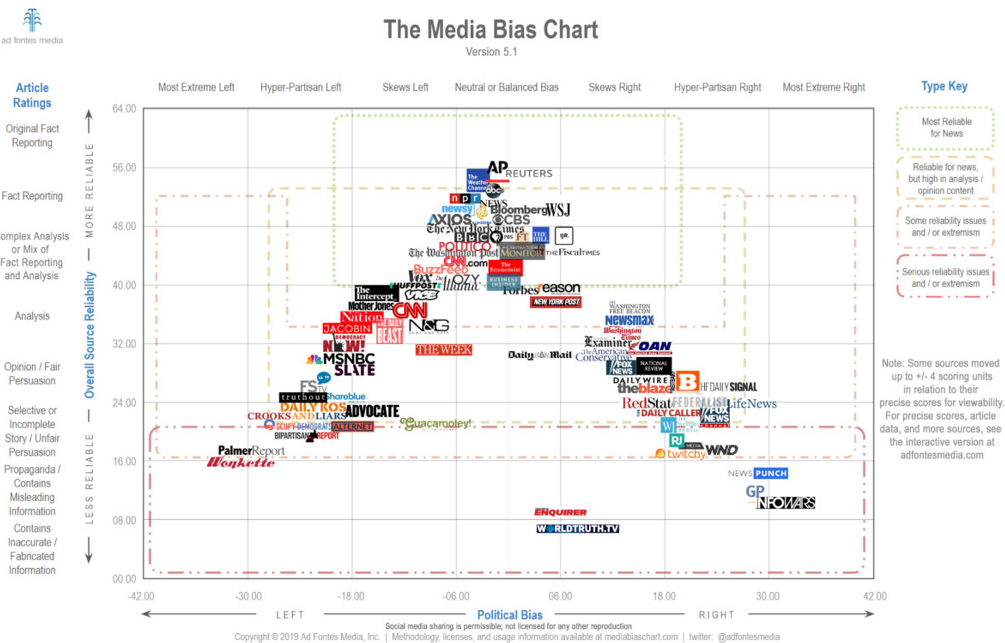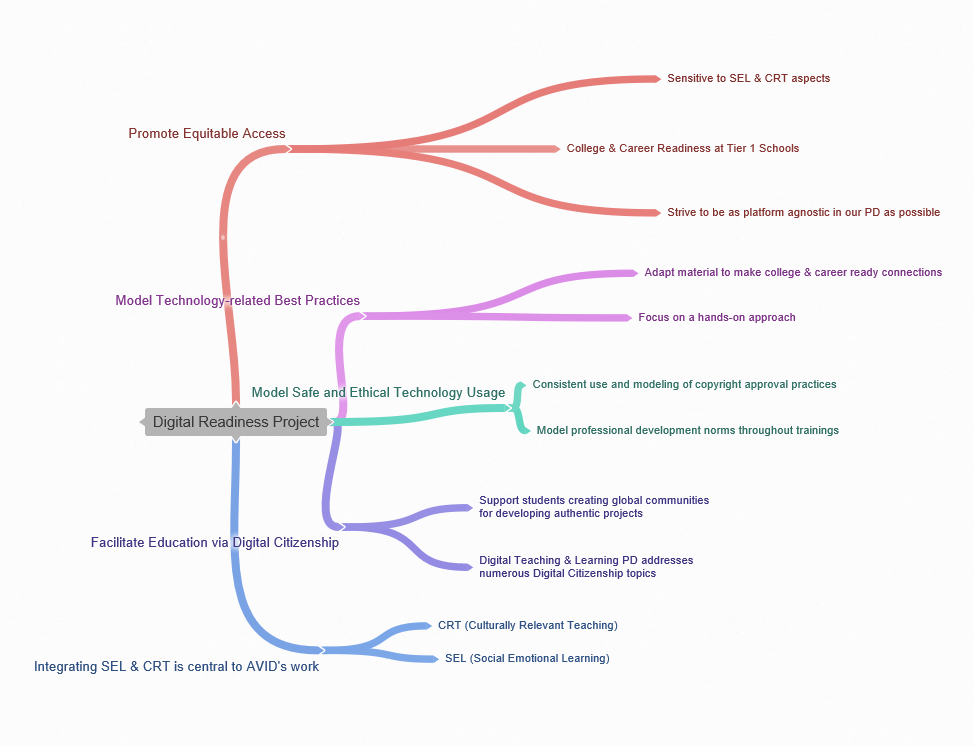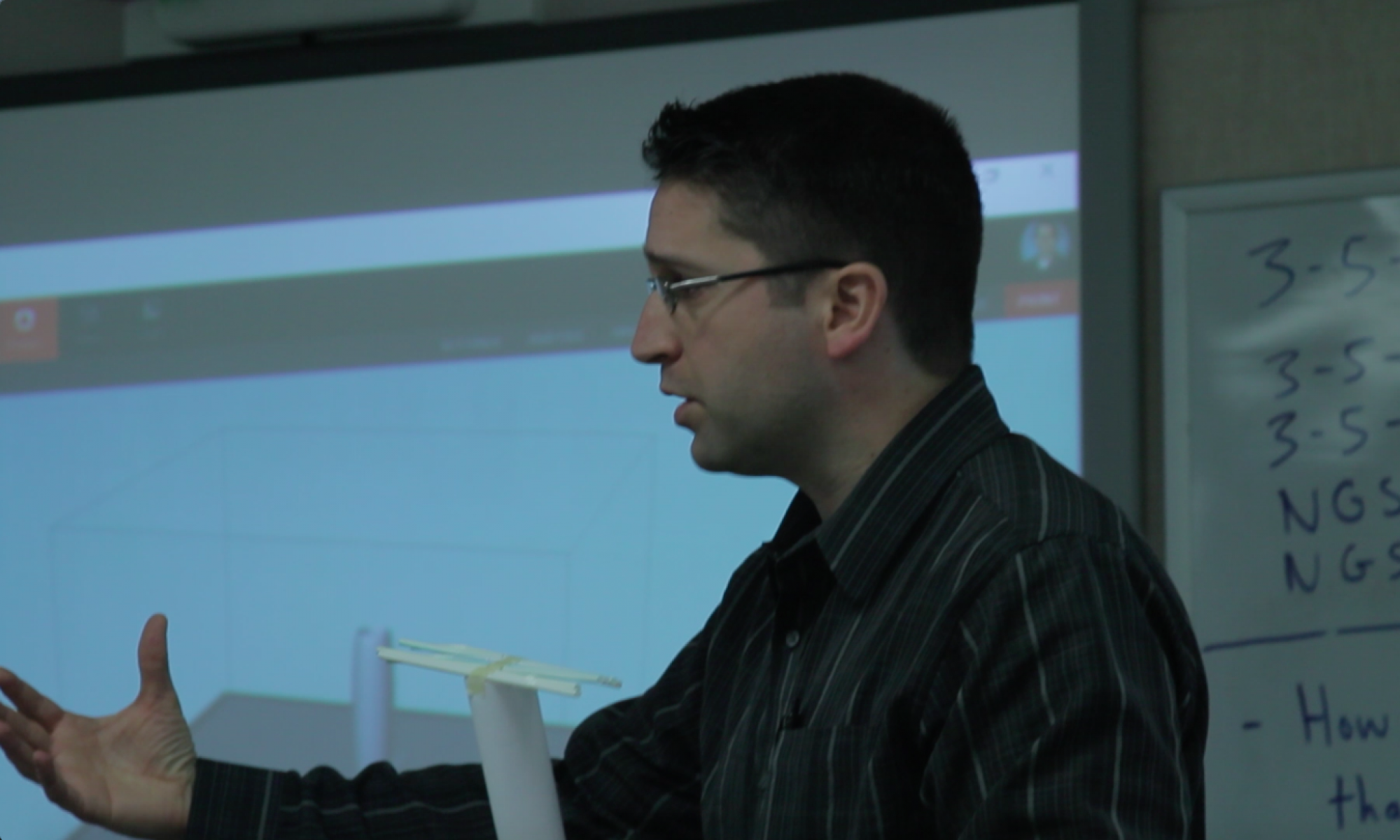
ISTE Standards for Coaches 7b, “Partner with educators, leaders, students and families to foster a culture of respectful online interactions and a healthy balance in their use of technology,” reminds us of the community approach necessary in order to raise and educate responsible and respectful digital citizens that can implement a healthy balance in their technology lives.

Source: Pivoting from In-Person to Virtual PD
Evidence: “As we look at being good citizens overall during a challenging time, thinking about what good online citizenship means is a good review and preparation for better overall interactions and guiding of learning online. Acting in model ways that are safe, legal, and ethical are important ideas to keep in mind.”
Explanation: Being good citizens means thinking about what respectful online interactions look like and modeling this means also showing a healthy balance in the overall use of technology.

Source: Educating Students on Faux News in the “Fake News” Era
Evidence: “One final thing worth noting here is a random conversation at ISTE that predates all of this. I had an impromptu opportunity to converse with the soon-to-be presenters of “Digital Literacy in the Age of Fake News” and Alan November. One thing that Alan was adamant about was that we do not give young students enough credit for the level of search sophistication which they are capable. The conversation took a myriad of twists and turns but his insistence on providing opportunities for students to learn, search, and navigate online resources from second grade on stuck with me because of both his passion and examples of having observed these young students successfully doing so firsthand. So I guess the question is, “What’s stopping the rest of us?””
Explanation: Partnering with leaders means listening to them as they listen to us, and partnering with students means empowering and trusting them to do more than we might initially think possible. This spirit of collaboration and support fosters a culture of respectful online interactions and a healthy balance as students learn to think for themselves and take ownership of their use of technology.

Source: Digital Readiness Project
Evidence: “Modeling safe and ethical usage of technology begins in AVID professional development with the consistent adoption and implementation of norms. This common understanding of what creates a safe place for the adult learners present helps to model and form the foundation for what this looks like online and back in the classroom. Some examples of norms include monitoring digital device usage (mindfulness), asking questions, and engaging with an open mind. Basic technology applications include safe searching online, modeling copyright adherence and appropriate citations, and balance required for effective blended learning. All of these things provide a solid foundation for developing responsible digital citizens.”
Explanation: Norms develop within a group whether we are intentional or unintentional in their creation as groups will decide both consciously and subconsciously for themselves. Partnering with other to develop these norms fosters a communal sense of shared responsibility and respect, and when applied to online interactions then this can foster a healthy balance in terms of using technology.

7a Use technology for civic engagement
7b Culture of respectful online interactions
